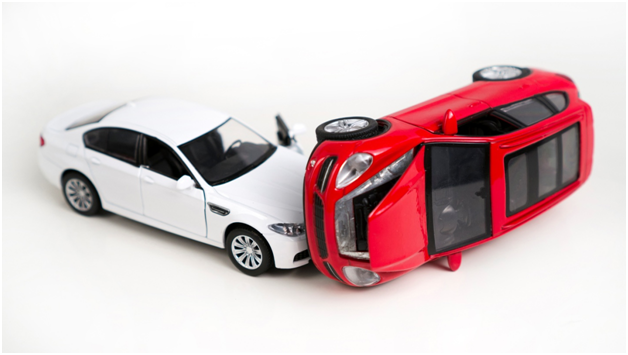Car buying is often a second biggest investment after buying a house. There’s something emotional about our preferences toward specific cars. It could represent our personality, character, economic status, style and taste. For many people, car is an extension of their body that allows them to “walk” much faster and further than their feet would allow. They would agree that they feel in love with specific car brand or model. These people could be appalled and feel emotionally hurt if their cars are scratched, as if it happens on their own skin. For these kinds of people, it is important to choose a car properly without being tricked by car dealers who take advantage of our emotional factors.
We should know the better times to purchase a car. The end of the year is often a good opportunity to purchase one. In this period, people often go out buying small gifts for their loved ones, instead of more expensive items like a car. During a holiday season, people may not have the commitment to get a new car, because it could be an effortful task. Nobody wants to go out and spend the whole cold day in the winter to choose a car. In this case, we should prepare a thick, layered cloth and enough hot beverages to choose a perfect car. In this case, we should know about a proper negotiating point.
The negotiation phase can be riddled by dirty tricks and it is important perform online research before we proceed. Also, before we go to the car dealers, we should make some phone calls and get real offers from them. This allows us to compare prices without being pressured by anyone, especially persistent salespeople. Also, if we want to trade our old car, it is important to sell it ourselves and use the money to buy a newer one. We should be aware that everything should be negotiable and buying a car can be considered as a tricky activity, so we should be fully prepared to avoid being tricked by scam artists.
In reality, trained salespeople can use every trick available to squeeze every last cent out of our wallet. One common trick that people use us known as the “throwing a lowball”. In this case, customers are offered an excellent price and it can be $500 lower than the market price. We may think that it’s a good deal, but in reality, it isn’t genuine. The sole purpose of this tactic is to lure people to purchase the car in their dealers. However, when consumers agree to purchase the car, an extensive array of financial terms is unleashed and this could really surprise any car buyer. As an example, car dealers may say that they have discovered a few errors in the calculation. As an example, salesman may say that they forgot to add the costs of navigation system and security features. In the end, consumers may need to pay a bit higher than the market price. It is simply a sophisticatedly played cover operation to trick people.



